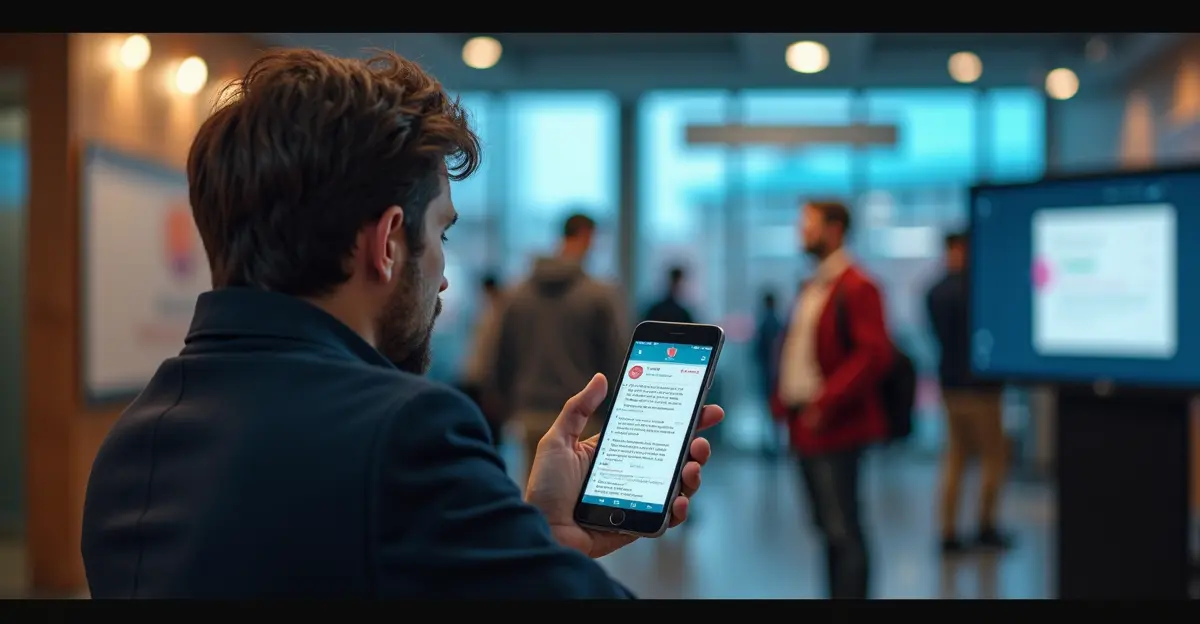
The Digital Transformation of Political Campaigns
In 2025, social media has become the undisputed centerpiece of election campaigning worldwide. Political strategists have shifted their focus from traditional media outlets to digital platforms, recognizing the unprecedented reach and targeting capabilities that social media offers. Platforms like Facebook, X (formerly Twitter), Instagram, TikTok, and YouTube have transformed how candidates connect with voters, shape public opinion, and mobilize support.
The Rise of Micro-Targeting and Personalization
Modern digital campaigning leverages sophisticated algorithms and data analytics to deliver highly personalized content to specific voter segments. Campaigns can now target messages based on demographics, interests, browsing behavior, and even psychological profiles. This level of precision was unimaginable in traditional campaigning, where messages had to appeal to broad audiences through television ads or printed materials.
According to political strategists, social media platforms allow campaigns to test messages in real-time, adjust strategies based on engagement metrics, and optimize content for maximum impact. The ability to A/B test different versions of ads, headlines, and messaging has revolutionized how political communication is developed and deployed.
Real-Time Engagement and Viral Potential
Unlike traditional media, social platforms enable immediate two-way communication between candidates and constituents. Live streams, Q&A sessions, and interactive content create opportunities for authentic engagement that resonate with modern voters, particularly younger demographics who consume most of their information through digital channels.
The viral nature of social media content means that a well-crafted message can reach millions of users organically, without the massive advertising budgets required for television campaigns. Memes, short videos, and shareable content have become powerful tools for spreading campaign messages and building momentum.
Challenges and Ethical Concerns
Despite its effectiveness, the dominance of social media in elections raises significant concerns about misinformation, foreign interference, and the erosion of democratic discourse. The same algorithms that enable precise targeting can also create echo chambers and filter bubbles, where voters only see content that reinforces their existing beliefs.
Regulators and platforms themselves are grappling with how to balance free speech with the need to prevent the spread of false information and manipulative content. Many countries have implemented new regulations requiring transparency in political advertising and disclosure of funding sources for digital campaigns.
The Future of Digital Campaigning
As we move further into 2025, emerging technologies like artificial intelligence and augmented reality are beginning to influence digital campaigning strategies. AI-generated content, deepfake technology, and immersive AR experiences present both opportunities and challenges for the future of democratic elections.
Political campaigns that successfully navigate this digital landscape will need to combine technological sophistication with ethical considerations, ensuring that while they leverage the power of social media, they also maintain trust and transparency with the electorate.

 Nederlands
Nederlands English
English Français
Français Deutsch
Deutsch Español
Español Português
Português


